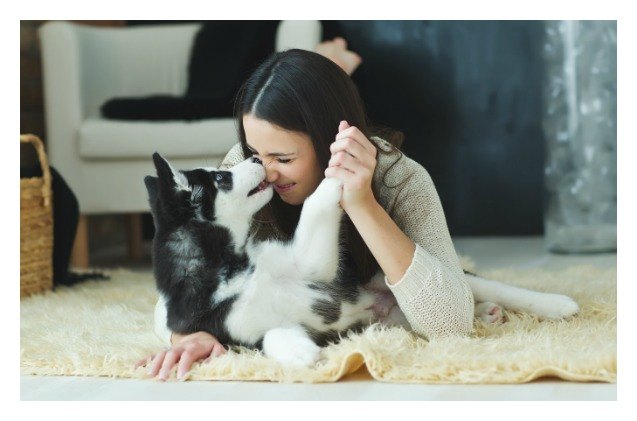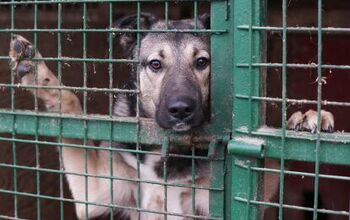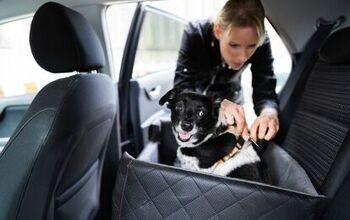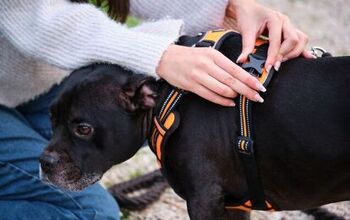Researchers Find Pet Parents Don’t Always Agree With Shelter Pet Des

Psychologists at Indiana University believe that people may believe they know exactly what they’re looking for in the dog they choose to bring into their family, but when push comes to shove, their hearts often take them in a very different adoption direction–at least a different direction than the shelter’s description of their adopted dogs.
The researchers typically study the way that people choose and pick their spouses, and looked at the way that people chose their canine companions for comparison.
Related: The Magic Is Real: Why Science Says You And Your Dog Love Each Other So Much
Samantha Cohen led the research published in Behavior Research Methods and said that what people say they want in a dog and what they actually adopt is often not quite the same. Cohen is a Ph.D. student in the Indiana University Bloomington College of Arts and Sciences’ Department of Psychological and Brain Sciences. She says their work is important because they can make animal adoption more successful and efficient by focusing not so much on what a potential adopter says they want, but instead a subset of desired traits.
The scientists used results based on data from a local animal shelter at which Cohen volunteered as an adoption counselor. She says that her responsibility was to match dogs and people based on the preferences of the people, but she found that often adopters would end up with a dog who was very different than one she originally suggested based on their desires.
That observation led her to analyze data and hypothesize that some desired traits people have are fulfilled often by chance, and that means that a more extensive selection of potential dogs can be impacted.
Indiana University Provost Professor Peter Todd was a co-author of the study and conducted research on speed dating in humans that showed the same findings: what people ‘said’ they were looking for in a partner often didn’t correlate with the partner they selected to date. And, when they found what they ‘perceived’ to be the one, it often didn’t necessarily match what the shelter’s description of ‘the one’ would have been.
The study showed that most participants of the survey claimed they wanted ‘friendly’ dogs, but that many ultimately selected dogs that had just a few of the traits they said they wanted. The researchers believe this means that color or breed status didn’t make as much influence on selection as potential adopters went into the adoption process believed it would.
Cohen said that another factor they found was that much like in human speed-dating situations, looks did indeed matter. She said that most people believe their dog choice was a good-looking or handsome dog.
The 13 traits the scientists looked at were: age, sex, color, size, purebred status, previous training, nervousness, protectiveness, intelligence, excitability, energy level, playfulness and friendliness. They asked over 1200 potential adopters (those who visited the shelter) about their desires of such traits, and they also surveyed the 145 who decided to adopt dogs.
They found that though many adopters came into the shelter with a distinct image in mind, may have overlooked good matches for traits (like being friendly and playful, but not the breed they wanted) based on their set image.
Related: Top 10 Gifts For Dog Lovers
Additionally, the researchers found that the categorization of traits affected adoption choice as well. For instance, a shelter may call behavior ‘playful’ but adopters might have found that behavior as ‘destructive.’
Cohen said the findings are important to help improve pet adoptions. If animal shelters know that people are prone to certain traits when it comes to dog adoption, it may be easier for them to match adopters to dogs. She also believes that temporary placements for dogs when they’re being assessed by adopters may give them the opportunity to show (or not) the behaviors the potential adopter is looking for—such as friendliness and intelligence.
Cohen said that this information is also valuable when it comes to online adoptions, and believes that people be cautious about descriptions of dogs online in that they could accidentally filter out a good match based on less important preferences.

More by Lori Ennis























